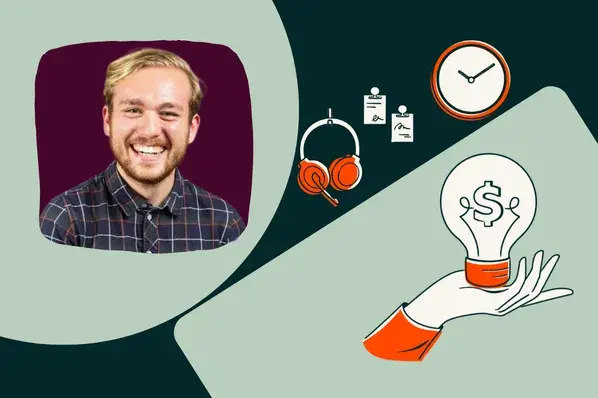
"In the 1890s, Russian physiologist Ivan Pavlov noticed how dogs began salivating not just when food was placed in front of them, but when they heard the footsteps of the person bringing the food. He ran experiments where he'd ring a bell right before he fed his dogs. After repeating this several times, the dogs started salivating at the sound of the bell alone, no food needed."
"Charles Spence, in his terrific book Sensehacking, describes how Rolls-Royce customers sent their cars in for service, and they returned to their owners seemingly brand new. Rolls-Royce managing director Hugh Hadland is quoted as saying, "People say they don't understand what we've done, but that their cars come back different and better." How did Rolls-Royce deliver this incredible service? Apparently, by spraying the car with an aromatic mixture of leather and wood designed to capture that distinctive new car smell."
Ivan Pavlov observed that dogs began salivating at stimuli associated with food, such as footsteps or a bell, demonstrating classical conditioning. Repeated pairing of a neutral stimulus with food produced a conditioned salivation response. Humans undergo similar associative learning, acquiring preferences through repeated pairings of neutral cues and pleasurable experiences. The familiar "new car smell" becomes liked because it is repeatedly paired with the pleasure of a clean, new vehicle. Brands can exploit this by reproducing or applying distinctive scents during service, causing owners to perceive their cars as renewed and extending positive product impressions.
Read at Hubspot
Unable to calculate read time
Collection
[
|
...
]